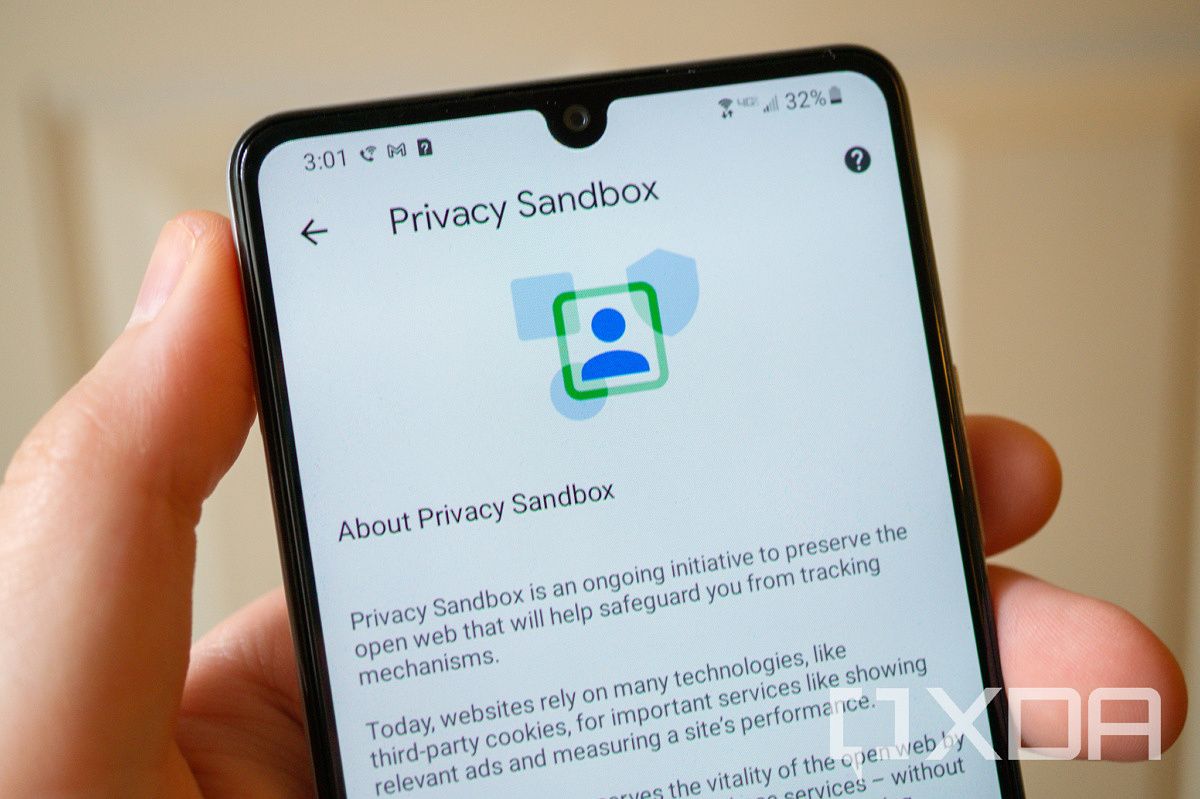Google is trying to replace the browser cookie with new targeted advertising methods in Chrome and beyond. To that end, it built the Android Privacy Sandbox and launched it in April of 2022. Today, Google is rolling out the third iteration of the Privacy Sandbox Developer Preview 3. The new sandbox is related mostly to tracking conversions from ad campaigns.
The new Developer Preview includes APIs for tracking conversions. Basically, when a developer shows an ad, there are a few interactions that can happen. The ad can be ignored or selected. If selected, the user can then act or not act by either purchasing a product, downloading an app, signing up for a newsletter, or whatever the desired behavior is. Those conversions help developers decide which ad campaigns are effective.
This release includes everything a developer needs in order to track these conversions including a developer guide and sample apps. The release also helps with testing by allowing a developer to override reporting time windows.
Privacy Sandbox puts privacy first
Privacy has become a more significant concern for end-users. Pew research indicated that 72% of users feel that almost everything they do online is being tracked and 81% say that the risks associated with that outweigh the benefits. Specifically, the creepiness factor increases when someone searches for surfing spots in Hawaii and then finds Facebook ads for surfboards.
To alleviate that, Google wants to find a balance between protecting user privacy and allowing advertisers to deliver personalized ads. Google is using FLEDGE (First Locally Executed Decisions over Groups Experiment) to allow developers to serve customized ads without sharing data with third parties. Google initially provided an overview video for all of this.
All told, this is a bold but necessary experiment by Google to push online ads further toward protecting user privacy, while trying to satisfy the demands of advertisers. But the big question is whether from the user perspective there will be enough of a difference for users to recognize that their privacy is actually being protected.
It bears repeating that there's nothing for end-users here. This is just for developers. But if you want to check out what's new in Android 13, you can download and install the Android 13 Beta, with all the usual "don't install this on your everyday phone" disclaimers.
Source: Google

